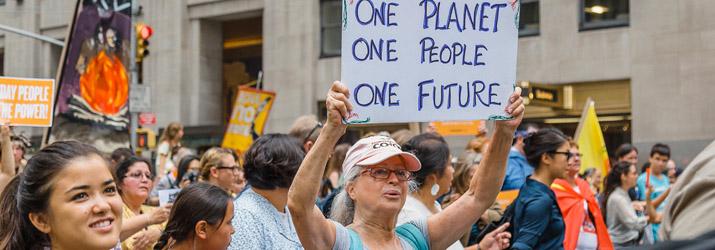

Associated Faculty
Geographers use nature-society frameworks and spatial analysis to understand how inequality and inequity are built into everyday life for individuals based on where they live, work, go to school, and play.
Geographers who study social and environmental justice are particularly interested in how spaces are produced that advantage some people while disadvantaging others based on characteristics like race, ethnicity, gender, and sexuality.
Geography courses provide students with an opportunity to study forces such as capitalism, racism, and sexism, which affect the distribution of wealth, opportunities, power, and privilege within a society. Just as importantly, courses in this concentration are concerned with practical steps toward realizing a more just world.
Geography courses provide students the conceptual and analytical tools essential to a range of career paths that engage with social inequality and environmental sustainability, including employment in urban planning, public policy, international development, and the private sector.
